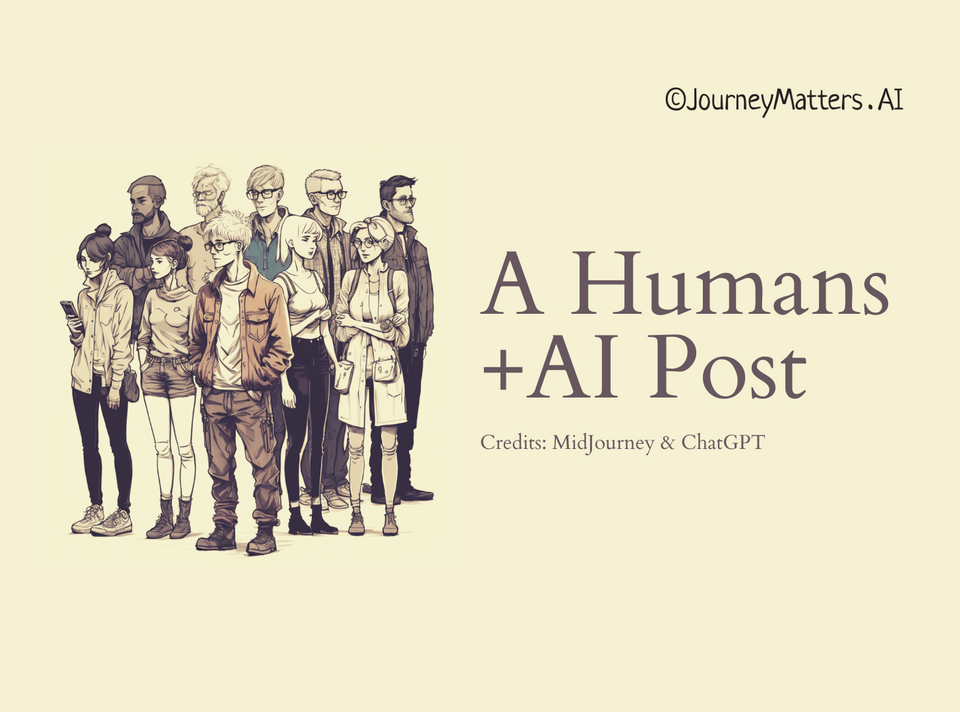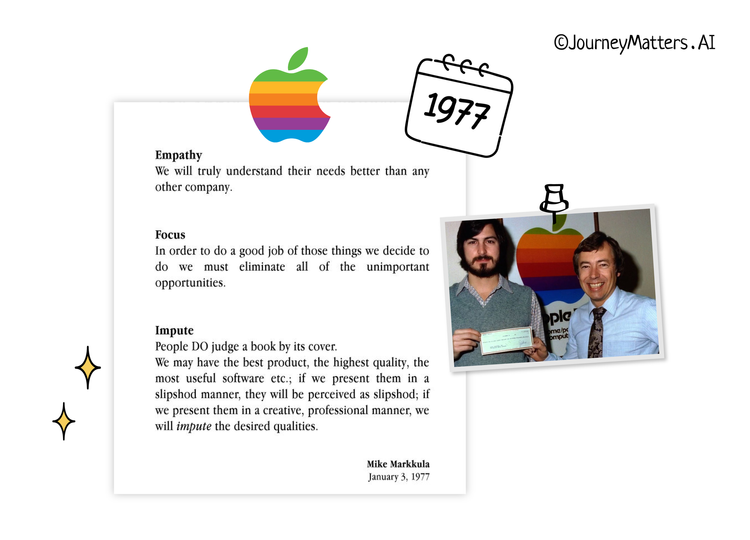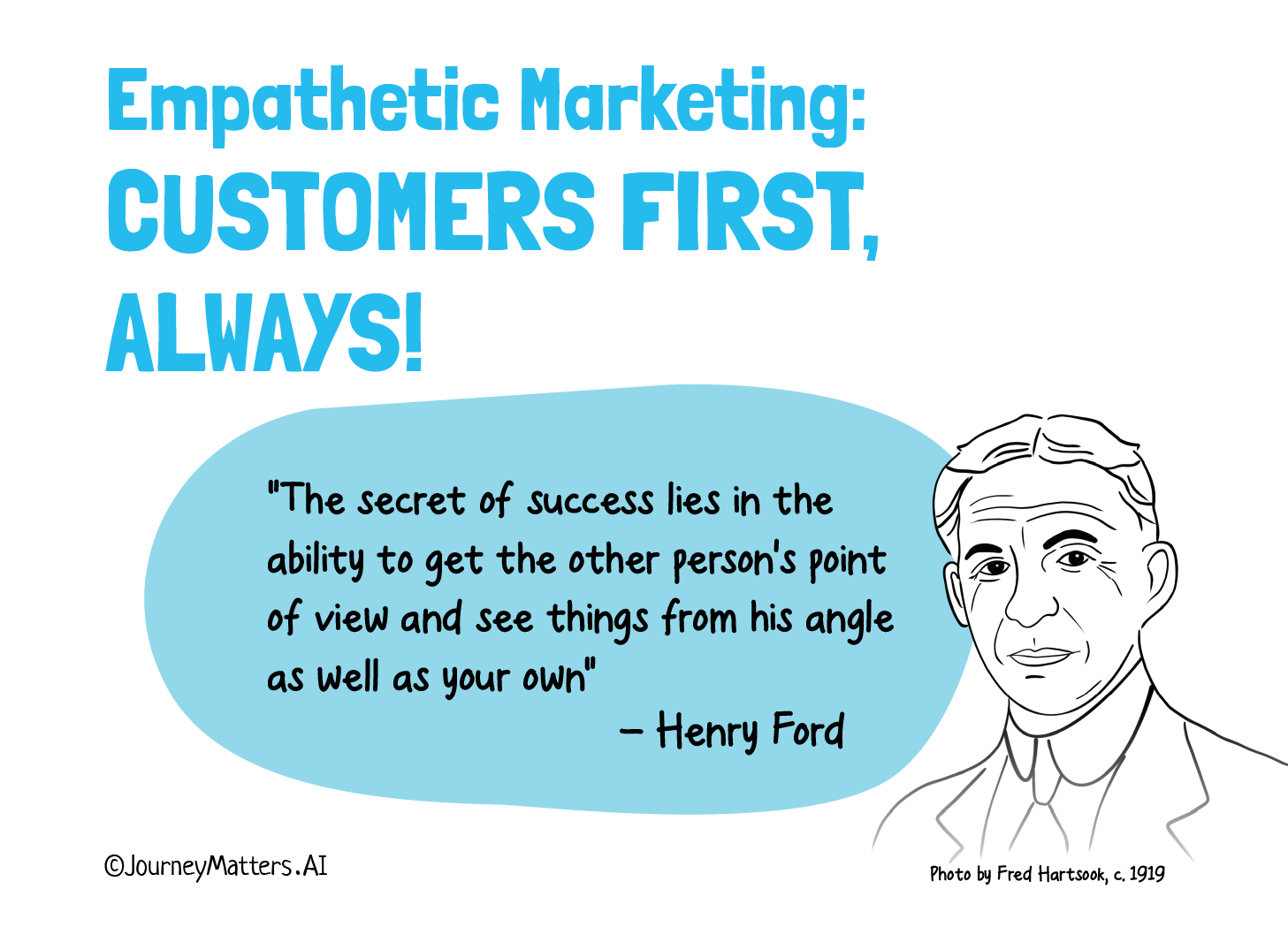The 7 Generations: What do we know about them?

We are living in extraordinary times. The AI revolution has swept us with its undeniable power and limitless possibilities. It's one of those once-in-a-lifetime events that shape generations. For most, it has ignited hope and excitement for the future. For some, it has brought an unsettling feeling for the future of humanity. Whatever it might evolve into, one thing is sure- it will change how we live and work.In the words of James Clear[1]:
Environment is the invisible hand that shapes human behavior.
Like the current AI revolution, many events have shaped how we think, act and live. Understanding the history of how groups of people sharing the same demographics evolved in response to such events and experiences gives us great insights into the future of humanity.
This article will explain the seven generations and how their experiences shaped them- from the patriotic Greatest Generation to the futuristic Generation Alpha.
What are the 7 generations?
In this article, we discuss the 7 generations based on their birth years and how their attitudes and beliefs were shaped by their times and experiences. We define the 7 generations as follows:
- Greatest Generation: Born 1901-1924
- Silent Generation: Born 1925-1945
- Baby Boomers: Born 1946-1964
- Generation X: Born 1965-1980
- Millennials: Born 1981-1996
- Generation Z: Born 1997-2012
- Generation Alpha: Born 2013-2025
Before we discuss each in detail, it's important to note that these are generalizations, and not all members of each generation would exhibit these characteristics.
1. Greatest Generation (Born 1901-1924)

The Greatest Generation refers to Americans born in the early 1900s and came of age during the Great Depression and World War II. American journalist Tom Brokaw[4] popularized the term. In his own words:
"The Greatest Generation of Americans—men and women who fought not for fame or recognition, but because it was the right thing to do."
This generation is often characterized as having experienced social and economic turmoil that shaped their values and worldview. The majority of the 16 million Americans who served in World War II were from this generation. Some of the characteristics that are often attributed to them:
- A belief in the American Dream: Despite facing significant challenges and hardships, many members of the Greatest Generation believed in the promise of the American Dream and worked hard to achieve it.
- A sense of community and responsibility: This generation lived through World War II, and many of its members served in the military or supported the war effort in other ways. As a result, they often had a strong sense of community and responsibility to their country.
- Respect for authority: This generation grew up when respect for authority was highly valued. Many of the Greatest Generation members carried this value throughout their lives.
2. Silent Generation (Born 1925-1945)

The term Silent Generation was popularized by a 1951 Time Magazine article[5]. It was used to describe the generation born between 1925 and 1945, who, as young adults in the 1950s, was described as "silent" when compared to their parents, the Greatest Generation, who had fought in World War II, and compared to their children, the Baby Boomers, who were known for their vocal and demanding attitude. The following core values shaped their characteristic behavior:
- A desire for stability: The silent generation experienced significant historical events, including World War II and the Korean War, and as a result, many members of this generation valued stability and security.
- Respect for authority: This generation also came of age when respect for authority was highly valued, and many members of the Silent Generation carried this value with them throughout their lives.
- Loyalty to their employer: The silent generation was known for being loyal to their employers and often worked for the same company for many years.
3. Baby Boomers (Born 1946-1964)

The Baby Boomers are Americans born between the mid-1940s and the mid-1960s. This generation is called the Baby Boomers because of the significant increase in the number of births in this era after World War 2, after which the soldiers returned home and started their families.
Some of the characteristics that are often attributed to the Baby Boomer generation include:
- A desire for change and progress: Baby Boomers were known for their willingness to bring about social change and progress. Many members of this generation were involved in the civil rights and feminist movements and were often at the forefront of efforts to promote social justice and equality.
- A focus on personal fulfillment: Baby Boomers were known for prioritizing personal fulfillment. This generation is often called the "me" generation, as they were considered more self-centered than previous generations.
- Technological innovation: Baby Boomers were the first generation to grow up with widespread access to technology, and they have played a significant role in developing and adopting new technologies.
It was in the 60s that the term "generation gap" began to be used widely.
4. Generation X (Born 1965-1980)

Also known as Gen X, Generation X refers to the generation born between the mid-1960s and the early 1980s. The term was first used by the photographer Robert Capa[7]. He used it to describe a certain attitude, outlook, and mentality of young people after World War II, which he saw as skeptical of traditional values and institutions.
The term was later popularized and brought to refer specifically to this generation by Canadian author Douglas Coupland[8] in his 1991 novel “Generation X: Tales for an Accelerated Culture.” Some of the characteristics attributes of Gen X include:
- Independence: Gen Xers were the first generation of the “latchkey kids” as more and more women entered the workforce, and more children were left to take care of themselves after school. This shaped them into more independent and self-sufficient than previous generations. They are known for their willingness to challenge authority and to think for themselves.
- Technological savviness: Gen Xers were the first generation to grow up with widespread access to personal computers and the internet. As a result, they are often seen as technologically savvy.
- Work-life balance: Gen Xers emphasize achieving a balance between their work and personal lives, and they are known for valuing their time outside of work.
It should be noted that the term Generation X was not the first term that was coined to describe this age group, terms like “post-boomers,” “13th generation,” and “latchkey kids” were used before. Still, the term Generation X was the one that remained and became the most used one for this demographic group.
5. Millennials (Born 1981-1996)
"Millennials aspire to marry the blue skies thinking of the Boomers with the grass-roots mindset of GenX.” ~ Mal Fletcher

Neil Howe and William Strauss coined the term Millennials two American authors and historians, in their 1991 book “Generations: The History of America’s Future, 1584 to 2069. [9]” to describe Americans born between the early 1980s and the mid-1990s. Some of the characteristics that are often attributed to millennials include the following:
- Entrepreneurial: Many millennials came of age during the Great Recession of 2008-2009 and have faced a challenging job market. This has led many to look for alternative ways to make a living, such as starting their own businesses.
- Highly educated: Many millennials are highly educated and have been exposed to a wide range of ideas and perspectives. This has led many to pursue careers and business opportunities aligned with their values and passions.
- Flexible: Many millennials also value flexibility, they are not restricted to the traditional 9-5 workday, and they don’t want to be tied to a desk, so they explore opportunities to work independently, remotely, or as freelancers.
Some see millennials as the most narcissistic, others as the burnout generation, raised to be perfect and set up for failure. Others see them as the most diverse and socially conscious, changing the world for the better.
6. Generation Z (Born 1997-2012)

Generation Z, also known as Gen Z, iGen, or Zoomers, refers to the generation born between the mid-1990s and the early 2010s. These are some of the characteristics of Gen Z :
- Digital Natives: Gen Zers are the first generation to have been born into widespread access to the internet and digital technology from a young age, and that’s why they are called “digital natives.” Gen Z is also called “screenagers,” as they grew up with screens, smartphones, laptops, and tablets, and it’s a big part of their lives.
- Socially and politically aware: Many Gen Zers are known for their concern about social and political issues and are often active in efforts to bring about positive change. They are more progressive and liberal than previous generations and tend to prioritize issues such as climate change, racial and gender equality, and LGBTQ rights.
- Diverse: Gen Z is the most ethnically and racially diverse generation in history, and it’s been estimated that almost half of Gen Z identifies as non-white. This diversity reflects the demographic changes and increased acceptance and understanding of different cultures and backgrounds.
7. Generation Alpha (Born 2013-2025)
The term Generation Alpha was coined by Mark McCrindle, an Australian social researcher and demographer.[10] He used the word “Alpha” to describe this generation of children as the first to be born in the 21st century. Generation Alpha is known for its technological intuitiveness, sense of global citizenship, and adaptability to change.

"They don't think about technologies as tools. They integrate them singularly into their lives."~Mark McCrindle
As this generation is still very young, it is difficult to identify the characteristics that will define them accurately. However, some of the trends that are being observed among Gen Alpha include the following:
- Digital Intuitiveness: Gen Alpha is often considered to be even more digitally intuitive than previous generations like the Millennials and Gen Z. They have grown up in a world where technology is ubiquitous, and they have had access to a wide variety of digital devices, platforms, and services since they were born.
- Humans + AI Collaboration: Generation Alpha is expected to have a high level of familiarity and comfort with artificial intelligence (AI) because they have grown up in a world where AI is increasingly integrated into every aspect of life. As a result, they will collaborate with AI in a natural, seamless, and efficient way at home, at work, and for their everyday needs.
- Diverse and individualistic: Gen Alpha is expected to be an even more diverse generation than Gen Z, with a wide range of cultural and ethnic backgrounds represented. They are also considered highly individualistic as they prioritize self-expression, self-reliance, and personal fulfillment. They also tend to be more open-minded and less likely to conform to traditional societal norms, which can be seen in how they approach education, career, and lifestyle choices.
As this generation is still quite young, it's too early to label their characteristics accurately.
Conclusion
As our society changes over time, it’s essential to recognize and appreciate the diversity of perspectives and experiences represented by different generations. It also gives great insights into how humanity has evolved through time. By acknowledging and respecting our differences, we can be more empathetic and create a society that benefits everyone.
The future of humanity will be determined by how well we co-ideate,co-design, and co-create with each other and artificial intelligence. So let’s make an effort to understand and appreciate each other, no matter what age we are!
Resources
- James Clear, Atomic Habits (Publisher: Random House)
- Co-authored by ChatGPT (chat.openai.com)
- Co-illustrated by MidJourney (midjourney.com)
- Tom Brokaw, The Greatest Generation (Publisher: Random House)
- Time, People: THE YOUNGER GENERATION (content.time.com)
- Leslie J. Nason, Baby Boomers, Grown Up, Storm Ivy-covered Walls (Daily Press)
- Gen-X: The Birth of a Label (sologenxwarriors.com)
- Douglas Coupland, Generation X: Tales for an Accelerated Culture (Publisher: St. Martin’s Press)
- William Strauss and Neil Howe, Generations: The History of America’s Future, 1584 to 2069 (Publisher: William Morrow and Company)
- Understanding Generation Alpha (mccrindle.com.au)





Member discussion